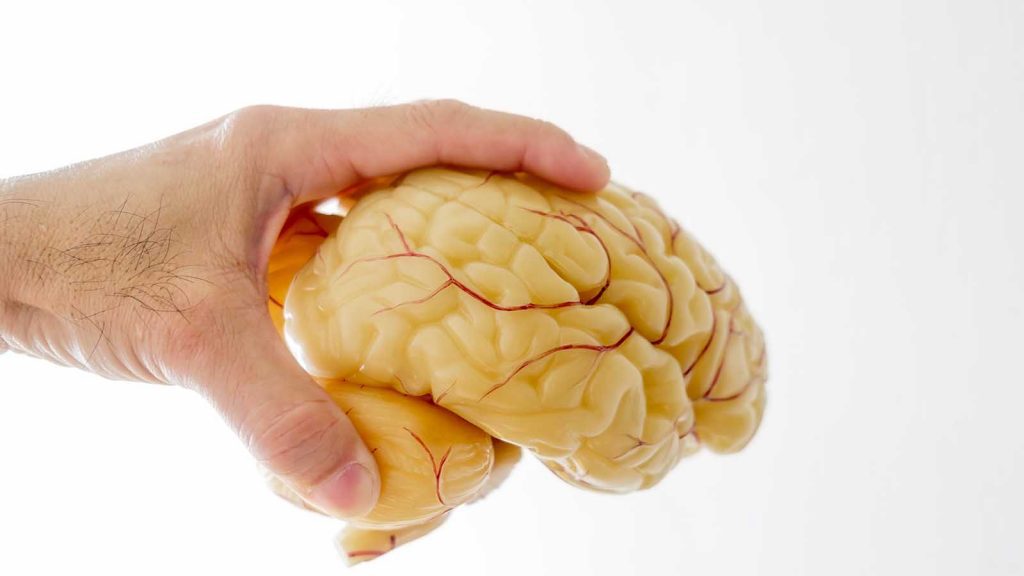The Impact That Hallucinations Have On the Brain
What Is A Hallucination?
Hallucinations are sensory experiences that feel real but are created by the mind. While many people are aware that hallucinations impact what individuals see around them, it is less common knowledge that these experiences actually affect all five senses. Hallucinations can alter a person’s vision, sense of smell, sense of taste, hearing, and bodily sensations.

What Causes Hallucinations?
There are many reasons why a person may experience a hallucination. Most commonly, individuals incite hallucinations on purpose when they consume hallucinogenic illicit substances like LSD and PCP. However, hallucinations can also occur accidentally and suddenly. A person may experience a hallucination if they:
- Have a mental illness like schizophrenia
- Endure chronic migraines
- Don’t get enough sleep
- Are taking medications with hallucinations as a side effect
- Have a physical illness like epilepsy, Parkinson’s Disease, or Alzheimers
- Suffer from alcohol use disorder or a substance abuse disorder
If you or someone you love takes certain medications, endures migraines, has a mental illness, or suffers from a physical disorder, you are at risk for having a hallucination at any time. Since these experiences come out of the blue and can potentially be dangerous, it’s important to know roughly what to expect. If treated properly, hallucinations can be controlled and handled.
What Hallucinations Do To The Brain
Hallucinations can affect all five senses, which are ultimately controlled by the brain. Below, you’ll see how hallucinations can impact your sight, hearing, sense of smell, sense of taste, and sense of touch. When these areas are altered, your brain is undergoing extreme changes. If you experience a hallucination, you may…
- Hear multiple voices talking to each other when nobody is in the room
- Hear a voice talking to you when nobody is in the room
- Hear repetitive noises (like clicks and taps) that aren’t there
- See things that other people don’t
- See objects in a shape they aren’t actually in
- See things moving in a way they usually don’t
- See flashes of light that aren’t there
- Randomly smell an unpleasant odor around you
- Think a certain odor is coming from you
- Feel like something you eat or drink tastes metallic
- Feel like you’re being tickled or touched when nobody is around
- Feel like your organs are moving around inside of you
- Feel sensations such as insects crawling under your skin
- Feel a blast of hot air that isn’t really there
Of course, effects will vary based on the type of hallucination you have and how severe it is. If you see the signs of a hallucination in yourself or someone else, call or go to see a doctor as soon as possible to explore your treatment options.



